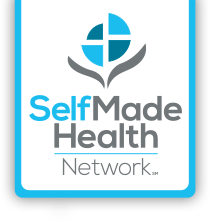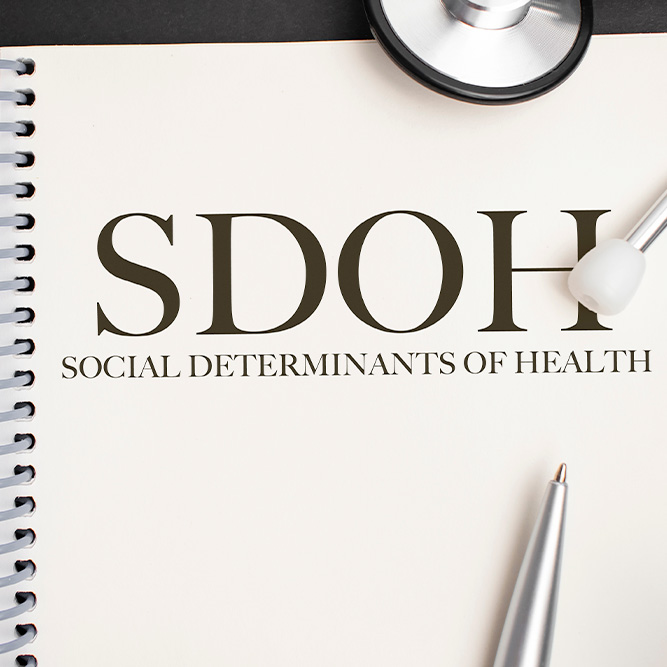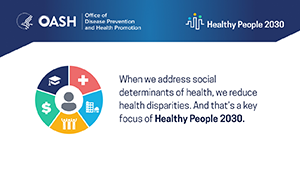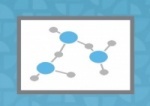
Additional Educate Resources
The resources on this page assist members and interested parties with tools that help build a robust knowledge base.
Hosted by the CDC, this page includes state and local collaborations and academic, government and non-profit organizations with a health literacy focus.
Low levels of literacy adversely impacts cancer incidence and outcomes such as: cancer mortality, and quality of life (QOL).
Reference: National Network of Libraries of Medicine (NNLM)
Agency for Healthcare Research and Quality (AHRQ)-Health Literacy Resources and Impact Case Studies
Hosted by the CDC, the STATE System Interactive Maps cover current and historical state-level data on tobacco use prevention and control, including tax rates, preemption and smokefree legislation.
Developed by CMS, this national initiative assists patients, clients, employees, and caregivers as well as professionals and community organizations, to understand health coverage information and navigate primary care and preventive services.
Hosted by HHS, this healthfinder.gov website offers a searchable table of contents to connect users with a breadth of health topics, including recommended preventive care services.
https://www.acpm.org/initiatives/tobacco-cessation/tobacco-cessation-resources/
This interactive dashboard features 100,000 data points (including health, socioeconomic, built environment, demographic, social determinants of health metrics) across the country’s largest 35 urban cities. Additional features include a comparison of 100 measures between cities or a cluster of cities.
https://bigcitieshealthdata.org/
“Communities, states, organizations, health care providers, public health professionals, and community leaders across the country use Healthy People evidence-based resources (EBRs) to support and inform their work — and you can, too. EBRs are helpful for people who are working to improve the health of communities and individuals — like by planning and implementing programs and policies, applying for grants, providing clinical guidance, conducting research, or teaching people about health topics. Learn about the practical ways EBRs can help you improve health and well-being through your work.”
Learn more at: https://odphp.health.gov/healthypeople/tools-action/use- healthy-people-2030-evidence-based-resources-your-work
Use Healthy People 2030 in Your Work
“Communities, states, and organizations across the country use Healthy People objectives to set their own priorities — and you can, too.” https://odphp.health.gov/healthypeople/tools-action/use-healthy-people-2030-your-work

 Social Determinants of Health in Cancer Care (American Society of Clinical Oncology)
Social Determinants of Health in Cancer Care (American Society of Clinical Oncology)
